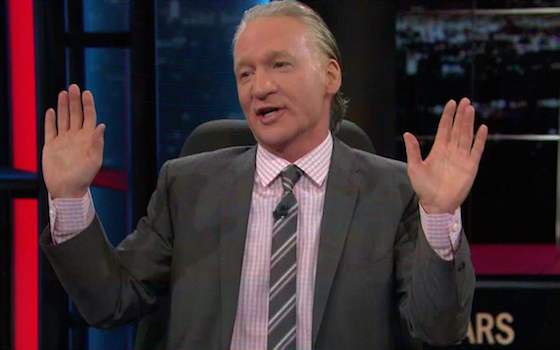- MENU
- HOME
- SEARCH
- WORLD
- MAIN
- AFRICA
- ASIA
- BALKANS
- EUROPE
- LATIN AMERICA
- MIDDLE EAST
- United Kingdom
- United States
- Argentina
- Australia
- Austria
- Benelux
- Brazil
- Canada
- China
- France
- Germany
- Greece
- Hungary
- India
- Indonesia
- Ireland
- Israel
- Italy
- Japan
- Korea
- Mexico
- New Zealand
- Pakistan
- Philippines
- Poland
- Russia
- South Africa
- Spain
- Taiwan
- Turkey
- USA
- BUSINESS
- WEALTH
- STOCKS
- TECH
- HEALTH
- LIFESTYLE
- ENTERTAINMENT
- SPORTS
- RSS
- iHaveNet.com

Poverty Isn't Just About Race
by Clarence Page
Why does so much of our talk about race and poverty leave us Americans spinning our wheels? One big reason is etiquette. What is said often matters less than who says it.
An illustrative example of this paralyzing paradox recently was exposed, appropriately enough, by a comedian -- Bill Maher's guests on his HBO "Real Time" show.
His guests were criticizing House Budget Chairman Paul Ryan, a Wisconsin Republican and 2016 presidential hopeful. Ryan recently touched off a powder keg by hinting he would focus on work requirements to deal with the "real culture problem," the "tailspin of culture, in our inner cities in particular of ... generations of men not even thinking about working or learning the value and the culture of work."
Panelist W. Kamau Bell, an African-American comedian, ripped Ryan's reasoning. "You can't blame the people in the inner city, blacks and Latinos," said Bell, "for not having jobs when there are no jobs to give in the inner city."
I would agree with that and so, to an extent, would Maher. Yet the host interrupted his guests with another quote: "When it comes to getting an education, too many of our young people just can't be bothered. They're sitting on couches for hours playing video games, watching TV. Instead of dreaming of being a teacher or a lawyer or a business leader, they're fantasizing about being a baller or a rapper."
That, too, sounded like Ryan, but as Maher pointed out it actually came from first lady Michelle Obama's commencement speech at historically black
"Is something less true if a white person says it?" Maher asked.
Bell responded with a familiar defense. "She was talking to black people," he said. "We talk to each other differently than we talk in front of you."
So true. A black leader preaching tough love to black folks wins praise. A white leader doing the same gets chased out of town.
It's OK to mock or to knock your own crowd, an old etiquette goes, but nobody else's.
A white conservative like Ryan has to work harder to win Obama-level trust in minority communities. His task is made all the more difficult by pressures from his party's conservative base to treat the federal government as little more than a problem, which pretty well describes Ryan's latest budget proposal.
Yet, as he told me in a telephone chat a few days before he unveiled that budget proposal, he's pushing to restore the
He's not alone. Other
That's why I offer a radical suggestion to the new idea-conservatives: Begin your anti-poverty crusade where Lyndon B. Johnson did 50 years ago, among poor whites.
Go out and preach the value of hard work, good schooling and saying no to meth and addictive painkillers to poor white rural Appalachians, where LBJ announced his war on poverty.
Just as LBJ went to Appalachia, go to Scioto County, Ohio, for example, which Republican Gov. John Kasich called "ground zero" in the battle against overdoses after 1 in 10 newborn babies tested positive for drugs.
Go out and preach tough love to unemployed blue-collar white males and white unmarried mothers in the devastated factory towns studied by Charles Murray in "Coming Apart: The State of White America, 1960-2010," a book Ryan ironically was citing when he made his "inner city" gaffe.
After all, there are numerically more poor whites in the country than poor blacks or Hispanics. But the issue became unfortunately colorized in media and public perceptions in the mid-1960s.
Today Americans of all colors are looking for answers to economic and social decline. It's time for both parties to stop treating poverty as just a racial problem. It's an American problem.
Receive our political analysis by email by subscribing here
AMERICAN POLITICS
WORLD | AFRICA | ASIA | EUROPE | LATIN AMERICA | MIDDLE EAST | UNITED STATES | ECONOMICS | EDUCATION | ENVIRONMENT | FOREIGN POLICY | POLITICS
Article: Copyright ©, Tribune Content Agency
Poverty Isn't Just About Race